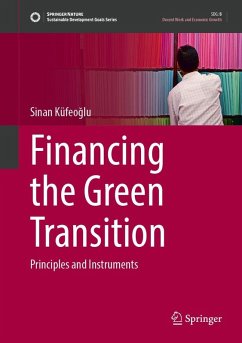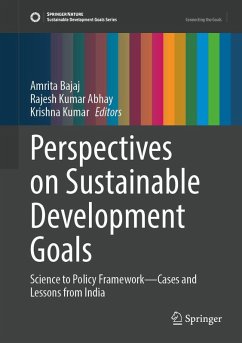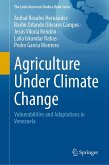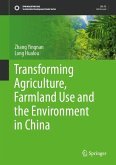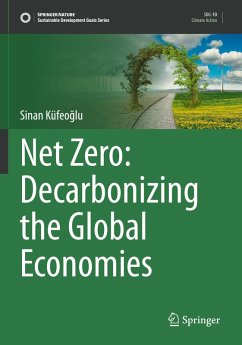The shift toward sustainable finance is a defining trend in the global financial system, driven by the urgent need to address climate change and other environmental and social challenges. Yet, despite its growing prominence, sustainable finance remains a complex, rapidly evolving field. This book is written to bridge the gap between academia and industry, providing both university students and professionals with a comprehensive guide to the foundational principles, tools, and practical applications of sustainable finance. This is a descriptive and practical but not purely theoretical book. With its professional-facing content and structure, it aims to target fresh graduates, finance professionals, and career switchers, but not primarily academic researchers.
This book is written to provide a solid foundation in sustainable finance principles, skills, and applications, enabling readers to actively engage with and contribute to this critical field. By equipping the next generation of financial professionals with the necessary tools and insights, this book seeks to play a role in the global pursuit of a sustainable, resilient future.
This book is written to provide a solid foundation in sustainable finance principles, skills, and applications, enabling readers to actively engage with and contribute to this critical field. By equipping the next generation of financial professionals with the necessary tools and insights, this book seeks to play a role in the global pursuit of a sustainable, resilient future.

